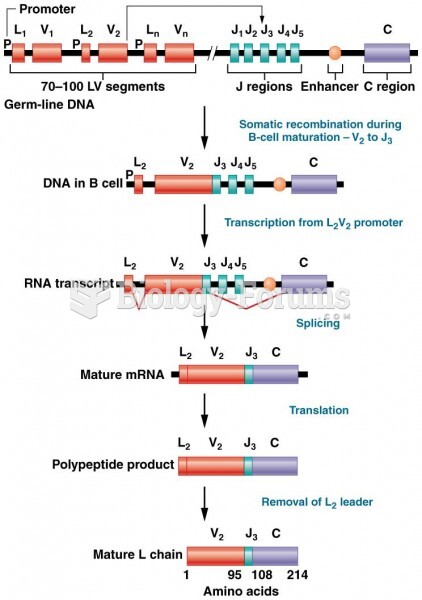Answer to Question 1
Suggested Response:
Complex, relevant, realistic learning environments: In a traditional teaching environment, students sit in desks, listen to content being presented, and read from texts to learn information. Students often find material irrelevant. Tasks are typically contrived rather than mimicking the real world.
Social negotiation and shared responsibility: Students are often passive receivers rather than active participants with responsibility for learning. Students typically count on the teacher to take responsibility for teaching them rather taking responsibility for their own learning. The learning is geared toward individual tasks rather than socially negotiated.
Multiple perspectives, multiple representations: Often material is presented in one way from one point of view. Students may not feel free to express dissenting opinions or diverse perspectives. On assessments, students are expected to respond with the perspective that was presented in the lesson via text and/or teacher.
Self-awareness, understanding that knowledge is constructed: Students typically don't share their own beliefs and ideas as much as they listen to ideas that are constructed for them and presented to them. It's more a matter of memorizing content than a matter of constructing knowledge. Students may not be aware of the influences that shape their thinking.
Ownership in learning: Students are often dependent rather than independent about learning. They may wait for a teacher to tell them what to do and what to think rather than generating ideas. They are more comfortable listening to a teacher give them knowledge and information than with digging to find their own answers and solve their own problems.
Text Reference: Cognitive and Social Constructivism
Answer to Question 2
Suggested Response:
Mr. Holland needs to set up groups to encourage interaction and participation. For most math assignments, groups of three or four should work well. The mixed-ability groups should be balanced in the number of boys and girls, and shy or non-participative students should be mixed with tolerant students.
Tasks should require students to work together to solve the problems. They develop interdependence by sharing knowledge and coming to conclusions together.
Tasks should promote interaction among group members. Assigning roles may help students learn and ensure everyone's participation. Students are likely to hold one another accountable for carrying out assigned tasks for their roles.
Mr. Holland needs to hold students accountable for learning by assessing them individually. The assessments might be tests taken individually or other demonstrations of learning. With individual assessments, students are less likely to loaf.
Tasks need to provide opportunities for students to collaborate. The collaborative aspects of the process require social skills that Mr. Holland needs to teach and reinforce. For example, he needs to teach students to give constructive feedback.
The group task needs to involve group processing. Students need to discuss, share ideas for solutions, take turns contributing, and work with every group member to complete the task.
Text Reference: Applying Constructivist Perspectives







